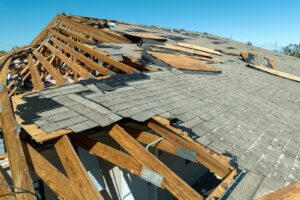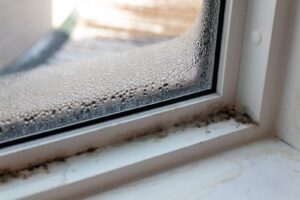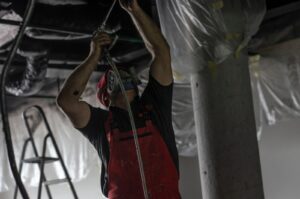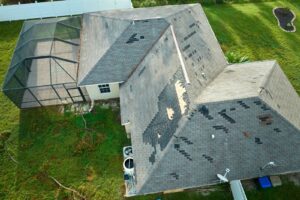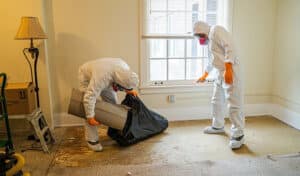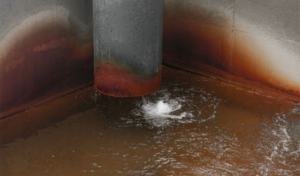If you believe your apartment is contaminated with black mold, you may be able to sue your landlord to receive compensation. The following blog post will help you understand your legal options if a mold infestation in your apartment has impacted your health.
Black Mold Is Hazardous
Mold is everywhere, including the air you breathe. However, black mold is concentrated in one location, and it can spread quickly and wreak havoc to your health. This type of mold can cause respiratory problems, mental impairment, internal organ damage, skin irritation, and nausea. Furthermore, it can lead to irreparable property damage.
Find out how you can hold your landlord accountable for a black mold infestation.
Defining Your Landlord’s Responsibility
Landlords have a duty of care to provide adequate living conditions for their tenants, which includes keeping them safe from health and safety hazards; this is known as implied warranty of habitability. This standard of habitability is based on your jurisdiction’s building codes, which outlines the health and safety concerns of tenants.
Because a landlord-tenant relationship is legally defined through a lease agreement, contractual provisions addressing factors such as ventilation malfunctions and plumbing are enforceable; this is because both contribute to mold growth. If your lease states your landlord is responsible for quickly fixing all plumbing issues, but a broken pipe eventually leads to black mold growth, failure to fix this problem can result in a breach of contract lawsuit.
What Should I Do If I Discover Black Mold in My Apartment?
Suing your landlord over black mold shouldn’t be your immediate response upon discovering it. Instead, you should call your landlord as soon as you detect it. Additionally, you should write a letter to them to establish a record. Your landlord must remove the mold as soon as possible and reimburse you for any additional costs you have sustained.
Even if you aren’t injured, a landlord’s failure to guarantee a mold-free environment violates the implied warranty of habitability. Even if they take care of the infestation, you may still claim damages if you exhibit health problems in the future due to mold exposure.
Unfortunately, if your landlord ignores your concerns, it’s up to you to pay for an inspection and testing. However, negligent landlords who refuse to investigate the presence of black mold might open themselves up to increased liability.
How Can I Sue My Landlord for Black Mold?
If your landlord refuses to act, you may need to file a personal injury lawsuit against them. Depending on the severity of your illness and property damage, and your jurisdiction’s dollar amount limits on lawsuits, you might be able to resolve this problem at a small claims court. It’s important to note that small claims courts typically require the parties to represent themselves and have claim caps that are up to $10,000. Additionally, state governments regulate them.
Black Mold Infestation? RestoreMasters Can Help
If you spot black mold, don’t hesitate to contact RestoreMasters. We’ll clean and repair all your surfaces that are impacted by mold. We’ll also treat areas affected by water damage. Call us with your restoration emergency, and we’ll provide your home with a free damage assessment.


